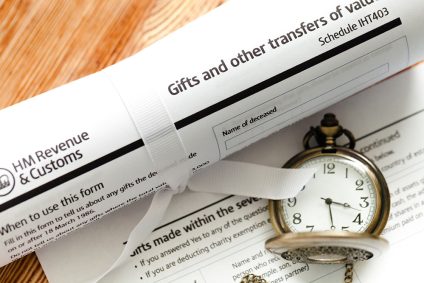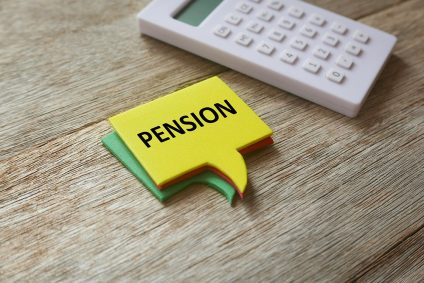The new Super-ISA – why disciplined saving is a good habit to adopt
Thanks to the new ISA rules which come into force in July, it should be possible for far more people to achieve a substantial ISA savings pot.
The limit individuals can save tax-free every year will rise from £11,880 to £15,000. These changes could enable senior doctors to build large, tax-proof retirement pots which can be used to top-up their NHS pension fund.
The new ISA, or ‘NISA’, will also allow savers to enjoy more flexibility and move money from existing cash ISAs into investments and back again – a useful addition where circumstances change.
The rise of the ISA millionaire
As senior doctors may not be able to maximise pension savings without triggering harsh tax penalties for breaching the reduced annual and lifetime allowance rates, the popularity of ISAs is continuing to grow.
As an example, if a doctor and his/her spouse invested the maximum deposit of £30,000 per annum every year for the next 15 years and achieved a three per cent real return (after charges and inflation), the final fund will be worth £668,222. At these same rates, it would take just under 20 years for the fund to reach £1million.
Many of our clients have already achieved ISA pots of around the £100K-£200K mark in a relatively short space of time as a result of disciplined, regular savings.
Avoiding the noise
It is the discipline here which achieves the results. Your money is drip-feeding into your ISA portfolio no matter what peak or trough the market is experiencing, forcing you to ignore the ‘market noise’ that can often lead to emotionally-led, poor decision making.
While it is important to understand and work within your own attitude to investment risk, a regular investor is not being held-back by any notion of when a ‘bad’ time to invest is. Many would-be investors were deterred by the financial crisis but the FTSE All-Share has produced a return of more than 90 per cent since April 2009.
Should circumstances change, the ISA fund is accessible tax free (normally without penalty) and can also be augmented with sporadic lump-sum payments.


